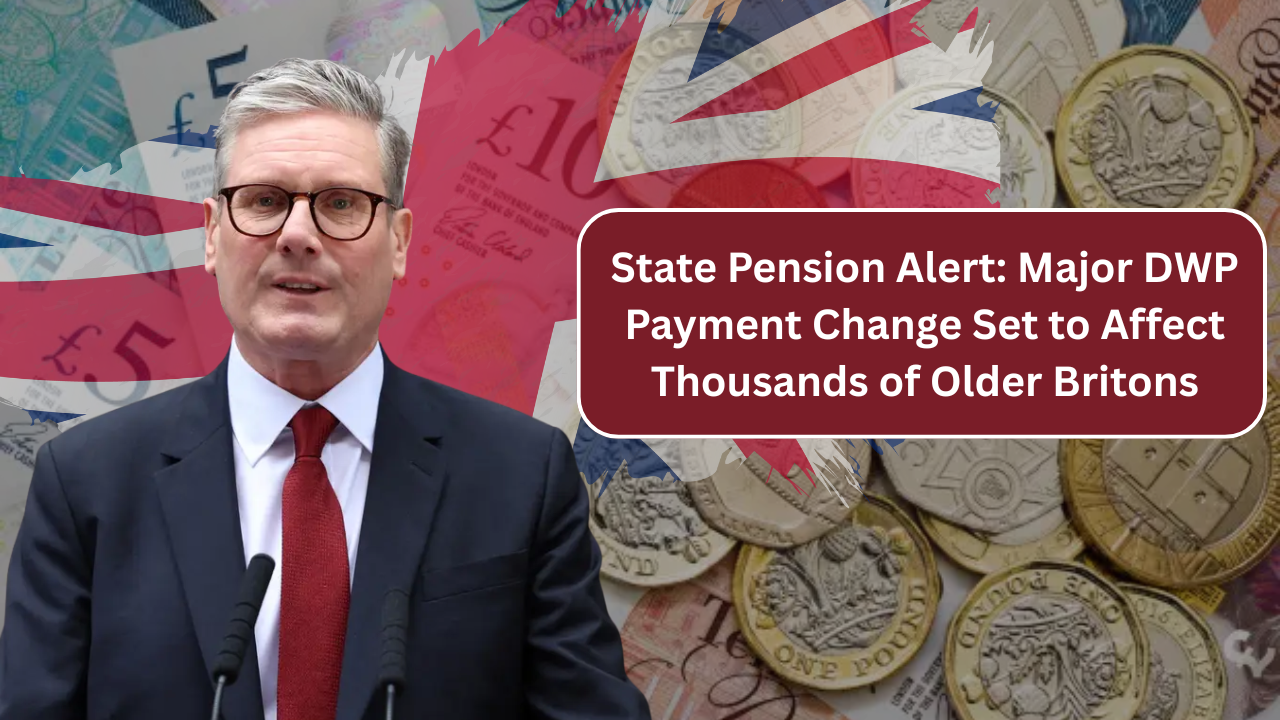Thousands of pensioners across the UK could be missing out on large sums of money due to little-known rule changes and administrative errors within the Department for Work and Pensions (DWP). A government review has revealed that over £800 million in state pension payments have been underpaid, with more than 200,000 people affected most of them women.
£800 Million in Underpaid Pensions
The DWP has admitted to widespread underpayments of the state pension, with many errors dating back as far as 1985. The issue primarily affects those who fall into specific categories, such as married women, widowed pensioners, and individuals over the age of 80.
A 2023 report by the National Audit Office (NAO) confirmed that errors were caused by outdated systems, complex rules, and manual processing failures. As a result, some pensioners received significantly less than they were entitled to for years—sometimes decades.
Who Is Affected?
According to the DWP, the groups most likely to be underpaid include:
- Married women who did not automatically receive an uplift in their pension when their husband retired.
- Widowed women whose state pension was not adjusted properly after the death of their spouse.
- People aged 80 or over who qualified for the Category D pension but did not receive it.
- Carers affected by gaps in National Insurance (NI) contributions due to missing or incorrect Home Responsibilities Protection (HRP) records.
One woman reportedly fought for eight years to receive a back payment of £23,000 after being underpaid, according to The Times.
Financial Impact
The amounts owed vary depending on the individual’s circumstances. The DWP estimates the average repayment amounts as follows:
- Married women: £5,553
- Widows: £11,725
- Over-80s: £2,203
These are average figures, and some pensioners have received far more. In some rare cases, payouts exceeded £30,000.

What Caused the Errors?
One of the main sources of error was the failure to automatically increase pensions when a spouse retired or died. In many cases, women were required to claim the increase themselves, but were never made aware of the rule.
Another issue involves HRP, which was introduced in 1978 to protect the state pension rights of those who took time off work to care for children or relatives. However, missing or incorrect records have led to miscalculations in National Insurance contributions. Those affected may have unknowingly built up fewer qualifying years than needed for a full pension.
How to Check If You’ve Been Underpaid
If you think you may be affected, you can take several steps:
- Review Your State Pension
Use the UK Government’s Check your State Pension tool to review your forecast and payment history. - Use a Free Pension Checker Tool
The consultancy firm LCP has developed a free online tool to help people assess whether they’ve been underpaid. Access it here: LCP Pension Checker - Contact the Pension Service
If you suspect an underpayment, get in touch with the DWP’s Pension Service. You can contact them through the official State Pension contact page.
The DWP has committed to correcting all underpayments by March 2027, but officials are urging those who may be affected to come forward sooner rather than wait for a letter.
Related Policy Changes
In addition to historic underpayments, recent policy changes could reduce benefits for some pensioners:
- Winter Fuel Payment: As of July 2024, this once-universal benefit is now means-tested, meaning pensioners with higher incomes may no longer qualify. Details are available at Winter Fuel Payment – GOV.UK.
- Guaranteed Minimum Pension (GMP): Changes to how inflation increases are applied mean that people retiring after 6 April 2016 may no longer get cost-of-living adjustments on certain portions of their occupational pension. You can learn more on GMP and State Pensions.
DWP’s Response
A DWP spokesperson said:
We are fully committed to addressing these historical errors and ensuring everyone receives what they are entitled to. A dedicated correction exercise is already underway.”
As of early 2025, the government had repaid more than £500 million of the £800 million owed, with thousands of cases still under review.
Final Thoughts
With pension rules spanning decades and complex eligibility criteria, even minor clerical mistakes can have significant financial consequences. If you are a pensioner or soon to be one it’s worth taking time to review your pension history.
The government offers several resources to help individuals understand their pension entitlements. Don’t wait to be contacted act now to ensure you’re not missing out.




